Cut From the Same Cloth
Van Morrison’s Astral Weeks and Veedon Fleece Buy Astral Weeks Buy Veedon Fleece This article was provided by Mike Fishman, who has written about Van Morrison for the Mystic Avenue blog and writes […]
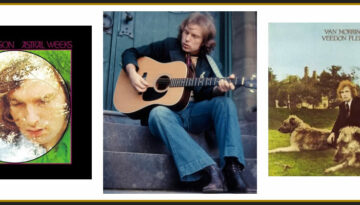
Van Morrison’s Astral Weeks and Veedon Fleece Buy Astral Weeks Buy Veedon Fleece This article was provided by Mike Fishman, who has written about Van Morrison for the Mystic Avenue blog and writes […]
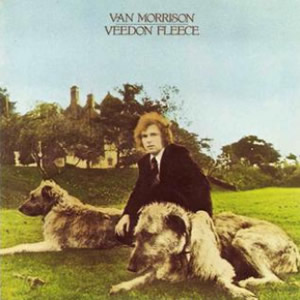
Buy Veedon Fleece This album review is provided by Mike Fishman, who has written about Van Morrison for the Mystic Avenue blog and writes about film for IndependentFilmNow.com. Any musician with a career […]
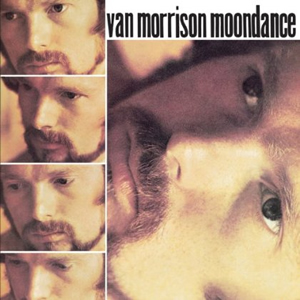
Buy Moondance We’ve covered more music from the year 1970 than from any other year at Classic Rock Review. Through these nineteen articles covering twenty-three different albums, we’ve observed some of the finest rock […]
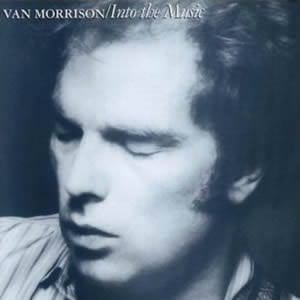
Buy Into the Music Van Morrison completed his impressive 1970s output with his classic 11th studio album, Into the Music in 1979. The album features a large ensemble of musicians and singers to […]
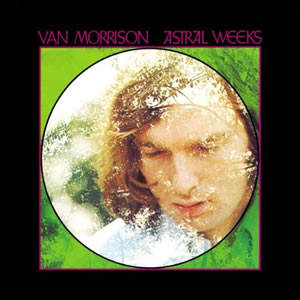
Buy Astral Weeks Astral Weeks was the second solo album by Van Morrison, and in a lot of ways it was his own, direct counter-reaction to the debut album which was released in […]